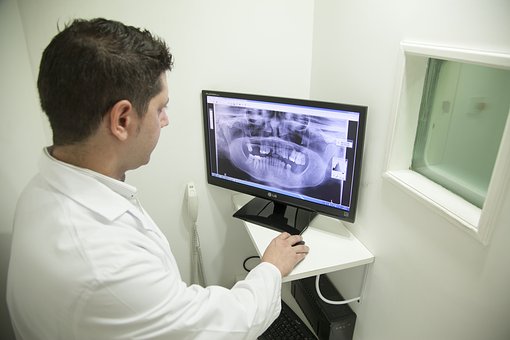Brain Injury: Recognizing A Hidden Disability Part 1

Every year there are millions of people in the U.S. that suffer a traumatic brain injury (TBI) from a fall, a motor vehicle accident, a collision with a moving or stationary objects, and from assaults. The CDC estimates each year that TBI will affect around 1.7 million people; around 1.37 million people making emergency room visits; 275,000 people hospitalized, and around 52,000 deaths.
Brain injuries affect people in ways that are invisible, that no one understands; it is often called the hidden disability. A brain injury is a life-altering experience for the TBI survivors and their family, many characteristics of the brain injury impairment are not always familiar or obvious to the general public, the medical system, the education system, the legal system, the judicial system, law enforcement and many other different things. TBI have been called the “signature” injury of American troops who are returning home from war. There are studies that have shown that soldiers who have fought in Iraq and Afghanistan suffer from a high exposure to concussive blasts that cause these types of traumatic brain injuries.
The Brain Injury Association of America clarifies that brain injuries may affect the way a person thinks, acts, and feels; it can change everything within a matter of seconds, and the lasting effects are usually much more than physical. A brain injury can damage the nerves in the brain that carry the messages telling the brain what to do. It also can change some of the body’s internal functioning like regulating body temperature, blood pressure, bowels, and bladder control.
People that suffer severe TBI’s may require services such as in-home respite care, housing assistance, financial aid, physical therapy, and neurobehavioral assessment and counseling.
Even people who suffer mild TBI’s, such as concussions, may experience persistent behavioral challenges, including mood swings, inability to concentrate, and severe depression. If left undiagnosed and untreated it can lead to serious problems. In patients who have depression after a TBI, suicidal ideation is not uncommon. The suicide rate among people with TBI is increased two to three times.
If you or someone you know has been injured in an accident call one of our Toledo, Ohio brain injury lawyers at toll free 800.637.8170 to set up a free case evaluation.

